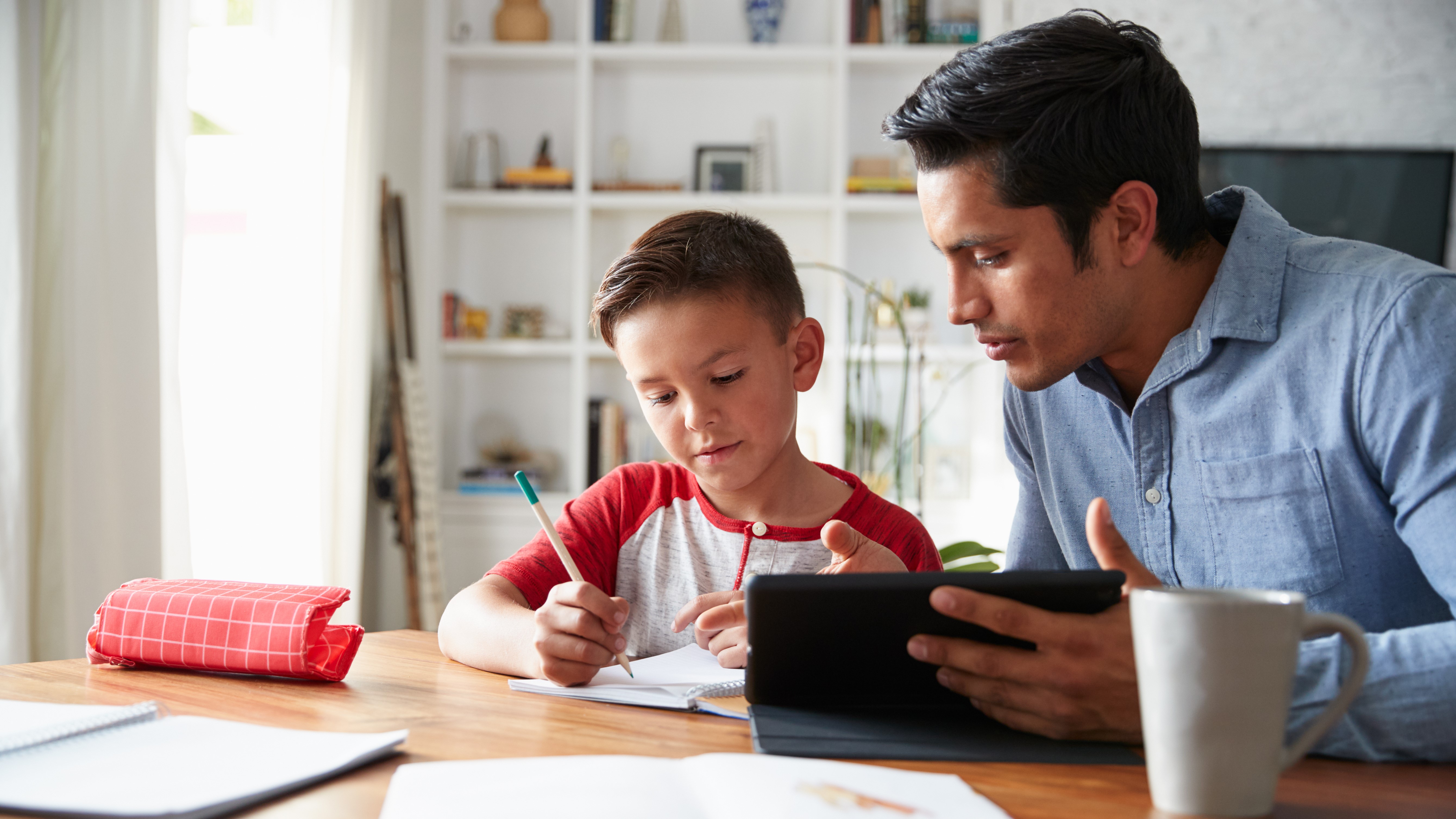Pandemic narrows digital divide but more still needs to be done
Ofcom says more people are online than last year

New data suggests the coronavirus pandemic has narrowed the digital divide in terms of UK homes with access to the Internet but has exacerbated the negative effects of being disconnected.
Lockdown restrictions and social distancing measures have elevated the role of connectivity within society, with households increasingly reliant on their broadband service for commerce, work, education, entertainment, and communication.
This wider digitisation of society and a desire for escapism during a difficult period has seen the number of households without Internet access fall from 11% in March 2020 to just 6% now. That equates to an additional 1.5 million homes.
- These are the best business SIM-only deals around today
- And the best business broadband deals
- Here are the best business mobile phone deals
Digital learning access
Adults with previously limited digital skills have been encouraged to go online to keep in touch with friends and family, to shop online, or access digital banking services, often with the assistance of a younger person.
Streaming services overtook traditional broadcast viewing for the first time, while gaming grew in popularity too. Nearly two thirds of adults now play video games on console, PC, or on smartphone, with a third playing online.
However, this shift online has further isolated those without access to adequate connectivity. Of the 6% that remain disconnected, most are either older or are in lower household or financially vulnerable groups. Digital skills and lack of access to equipment are two major barriers to adoption and 60% of those who remain disconnected have asked someone else to so something for them.
On top of that, online education has been particularly challenging for lower income households without a home broadband connection or access to adequate devices. The government and mobile operators have attempted to ease the situation with the provision of PCs and free access to connectivity, but Ofcom says 3% were unable to do any schoolwork at all.
Sign up to the TechRadar Pro newsletter to get all the top news, opinion, features and guidance your business needs to succeed!
This reliance on connectivity, coupled with the absence of alternative activities such as sport, has made it more difficult for parents to regulate screen time while children aged between 12-15 are more likely to have had a negative experience online than they were last year. However, many parents believe their children have learnt a new skill online and value the ability for them to keep in touch with friends.
The findings will increase pressure on the government to further improve the availability and affordability of adequate connectivity for the most vulnerable in society, as well as to improve digital literacy.
“For many people, lockdown will leave a lasting legacy of improved online access and better digital understanding. But for a significant minority of adults and children, it’s only served to intensify the digital divide,” said Yih-Choung Teh, Ofcom’s Strategy and Research Group Director.
“We’ll continue to work with Government and other partner organisations to promote digital literacy and ensure that people of all ages and backgrounds are empowered to share in the benefits of the internet.”
- Here are the best broadband deals around today
Steve McCaskill is TechRadar Pro's resident mobile industry expert, covering all aspects of the UK and global news, from operators to service providers and everything in between. He is a former editor of Silicon UK and journalist with over a decade's experience in the technology industry, writing about technology, in particular, telecoms, mobile and sports tech, sports, video games and media.